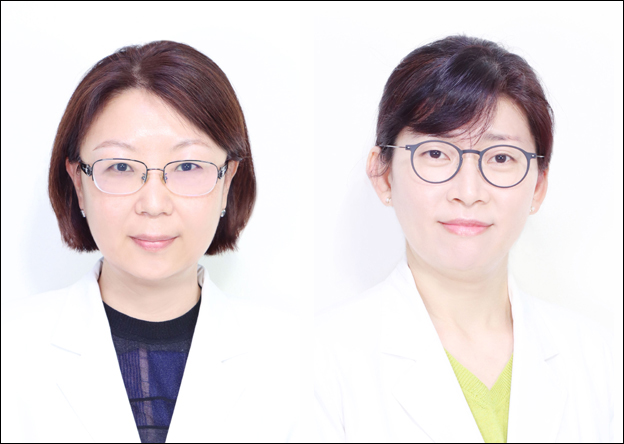
The National Cancer Center (NCC) announced on Monday that a recent international study conducted jointly by its research team has been published in “Genetics in Medicine (IF 6.9),” a leading international journal in the field of genetic medicine.
NCC Professors Jung So-youn (Breast Cancer Center) and Kong Sun-young (Department of Diagnostic Pathology) led the study, which was jointly conducted by the NCC and the College of Nursing at Daegu Catholic University. Maria C. Katapodi, a Professor of Nursing Science at the University of Basel in Switzerland, also participated in the study.
This study is the first comprehensive analysis to systematically and specifically examine the current status of support tools that can help patients with hereditary cancer and their families make informed decisions.
People who are at risk of hereditary cancers, such as breast cancer, ovarian cancer, and colorectal cancer, must constantly make complex decisions throughout their lives, including genetic testing, preventive surgery, family planning, and sharing information with their families. These decisions are closely linked not only to cancer treatment directions, including surgery and chemotherapy, but also to lifestyle choices, family genetic testing, and future family planning, leading to significant psychological burdens.
While various decision-making support tools (Decision Aids) have been developed and utilized worldwide to reduce such burdens and assist patients in their decision-making processes, systematic reviews of the development status and effectiveness of these tools have been lacking.
To explore ways to support the diverse decision-making processes of hereditary cancer patients and their families in Korea, the research team systematically analyzed the development status and effectiveness of 23 decision support tools developed worldwide over the past 15 years and identified the following key findings:
- When decision-making tools were used in conjunction with genetic counseling, patients' decision-making capacity improved, conflicts regarding decisions decreased, and satisfaction with choices increased.
- Although there are many decision-making support tools available for women with hereditary breast and ovarian cancer, tools to assist with decision-making for other types of hereditary cancer, male patients, and families are rare.
- More than 81 percent of all decision-making support tools were developed in North America and Europe, but there were almost no decision-making support tools that could be used in Asia, including Korea.
“This study is the first systematic analysis of decision-making support tools that can provide practical assistance in the complex decision-making situations faced by patients with hereditary cancers and their families. Existing decision support tools have been designed with a Western-oriented and white female-centric perspective, making them difficult to use in East Asian cultural contexts, including Korea,” said Professor Park Sun-young of the Daegu Catholic University College of Nursing, the lead author of this study. “The development of customized tools tailored to the Korean context is urgently needed.”
NCC President Yang Han-kwang encouraged the researchers, saying, “Based on this study, we hope that tools that can help patients and medical staff make shared decisions will be actively developed and applied not only in hereditary cancer but also in various medical fields.”
The study was conducted as part of the “Cancer Survivor Healthcare Research Project (23F1940)” led by the National Cancer Center with support from the Ministry of Health and Welfare.

